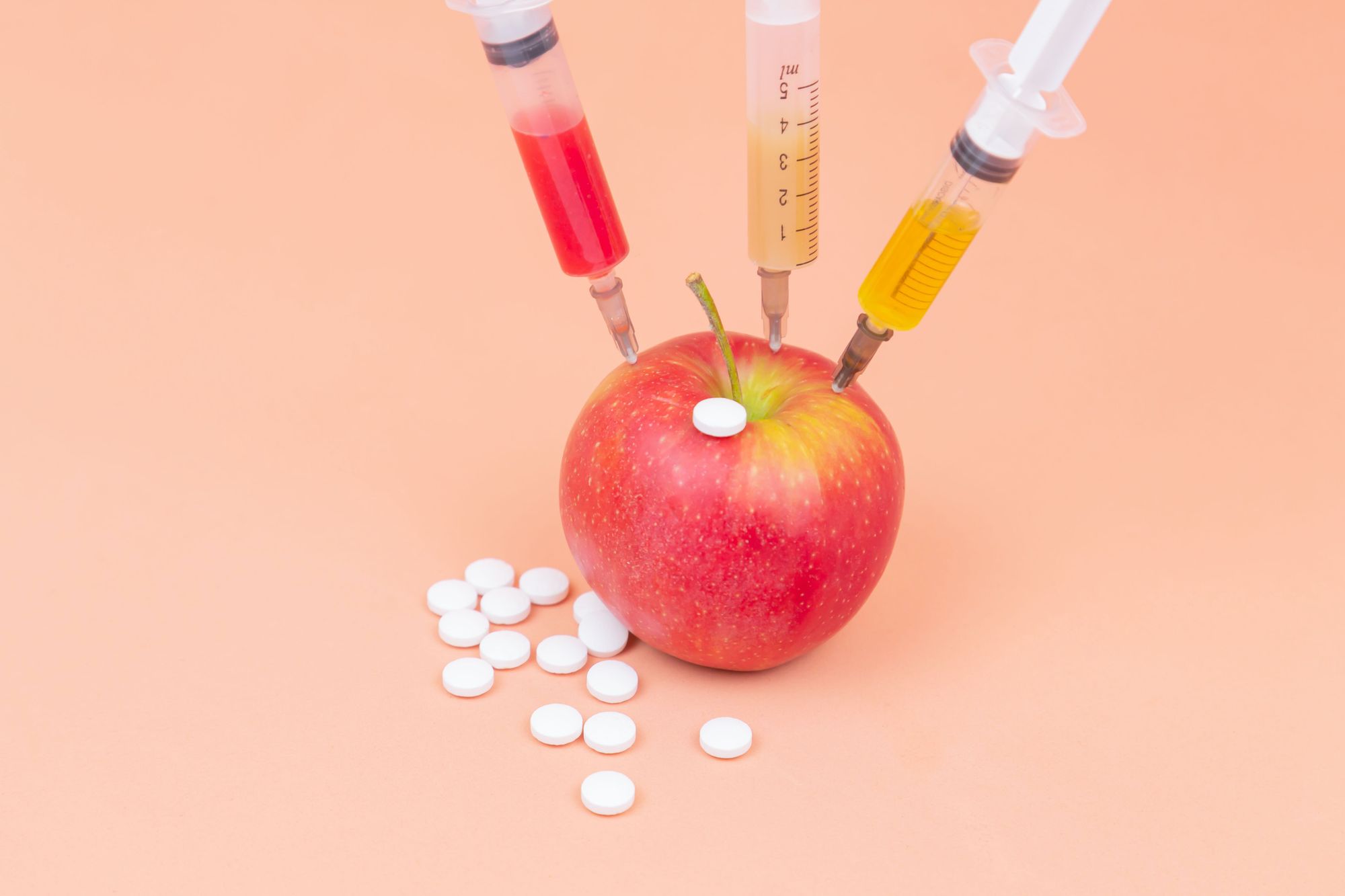
The Hidden Effects of Biochemistry in Everyday Life
From the food we eat to the air we breathe, biochemistry has a profound effect on our daily lives. Yet, many people are unaware of just how powerful and pervasive its influence is. Here are five ways biochemistry shapes our everyday existence, from when we wake up in the morning until we go to bed at night.
1. Food
There’s no way around it; food is essential for human life. But what makes it so essential? It all comes down to biochemistry. Food provides us with essential macronutrients like carbohydrates, proteins, and fats that act as building blocks for our bodies and fuel our cells’ metabolic processes. Many foods also contain micronutrients like vitamins and minerals necessary for proper nutrition and growth.
Food is more than just sustenance for our bodies; but is an opportunity to explore the biochemistry of living. Biochemistry involves the use of chemistry to understand how living things work and interact with each other. For example, how carbohydrates are broken down by enzymes in order to produce energy or how proteins get turned into amino acids that we need to function. Through biochemistry, we can also discover nutrients and toxins present in food and how they interact with our bodies. It’s interesting to note that many foods contain vitamins, minerals, and antioxidants that can help support our health. Other seemingly healthy foods like apples – high in pesticide residues – may do us more harm than good. Understanding the biochemistry behind food can deepen our appreciation for the wide variety of culinary options available today and empower us to make better dietary choices for ourselves.
2. Air
We rely on air to survive just as much as we rely on food. Although the air may seem simple on the surface, it actually contains a complex mix of nitrogen, oxygen, carbon dioxide, water vapor, and other trace gases—all of which are essential for sustaining life. For example, oxygen is used by our cells to produce energy through respiration; without it, our bodies would not be able to function properly or survive very long!
Air is essential to life, yet we rarely take the time to consider all of the complex molecules, elements, and processes that make up our atmosphere. Air composition involves biochemistry in various ways; oxygen, nitrogen, and carbon dioxide are just a few of the molecules occupying space in our atmosphere, each impacting the environment and mankind differently. These key components are essential for many natural cycles humans rely on, such as photosynthesis and respiration. On top of that, the air also influences energy patterns as it can absorb or reflect radiation from the sun, as demonstrated by greenhouse gases. In conclusion, much biochemistry is subtly present in the air – perhaps more than most of us realize!
3. Water
Just like food and air, water is another fundamental element of human life without which we could not exist for very long (about one week). Our bodies use water for various functions such as hydration, digestion, and temperature regulation—all of which depend on its unique chemical properties, such as its ability to dissolve substances like salts and sugars that cannot be dissolved in oils or fats.
Water is integral for all life on Earth because it is the main medium where biochemical reactions occur. In fact, water itself is biochemistry; water molecules are the substrates and products of numerous enzyme-catalyzed reactions that occur both in living organisms and our environment. Water is an excellent solvent, capable of dissolving many different substances, such as salts and sugars, making it a key building block of biochemical processes. Without water, these various biochemical reactions could not take place, and life would not be possible on this planet.
4. Cleaning
Cleaning products play an important role in keeping us healthy by destroying harmful bacteria and viruses that can cause disease or infection if left unchecked. The active ingredients used in these products are often chemicals derived from biochemistry research that has been shown to be effective at killing microorganisms while being safe enough for humans to use around their homes or workplaces without fear of harm or injury.
Cleaning may seem like a mundane activity, but it is actually filled with fascinating chemistry. Different cleaning tasks use different ingredients – such as detergents, solvents, and enzymes – that react with dirt and bacteria in different ways. For example, laundry detergent enzymes break down proteins in stains so they can be more easily removed. Solvents dissolve grease and oil-based materials, while surfactants reduce the surface tension of water, allowing it to better penetrate deep-down dirt. So next time you clean your home or office, take a moment to appreciate the biochemistry involved – although you may not see it, this invisible science helps make your living space cleaner and healthier.
5. Medicine
Finally, biochemistry plays an important role in medicine by helping scientists develop drugs designed to treat specific illnesses or conditions with minimal side effects or risks. These drugs work by targeting certain molecules involved in biochemical pathways associated with different diseases—which means understanding how these pathways work requires an intimate knowledge of biochemistry!
Biochemistry plays a critical role in the medical field. It is essential to understand the fundamental cell and molecular processes that support human health and provide insight into how diseases manifest and spread. Biochemical principles are put to work every day in labs around the world, aiding diagnosis and developing treatments for various medical conditions such as cancer, heart disease, tropical, infectious, and metabolic diseases. The study of biochemistry has provided incredible advances in medicine ranging from both non-invasive and invasive procedures vital for diagnosing illnesses through analyzing body fluids or genetic material. Additionally, researchers leverage biochemistry to develop medications capable of restoring homeostasis when disrupted by illness or injury. It is safe to say that without biochemists who understand and apply biochemical principles in medicine, many treatments we rely upon today would not exist!
Biochemistry affects almost every aspect of our lives in some way or another—from the food we eat to the medicines we take when we’re sick—and yet it often goes unnoticed by most people until something goes wrong with their health or diet that requires medical attention from a doctor or nutritionist who understands how biochemical processes work to diagnose and treat them accordingly. In short: biochemistry is everywhere! And understanding its effect on your daily life can help you make better decisions about your health and well-being going forward!

